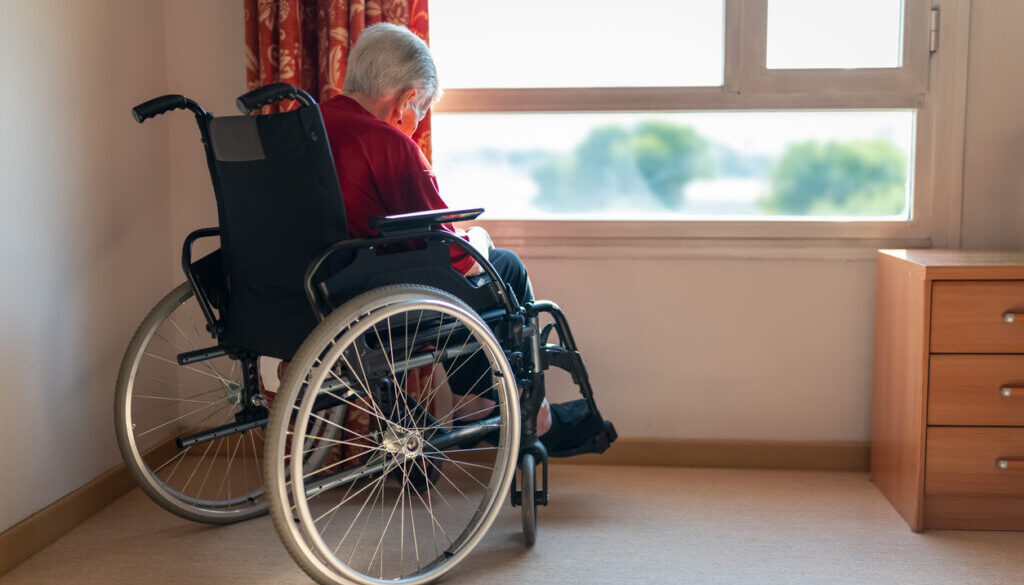Addressing Emotional Abuse in Elderly Care: What Families Need to Know
- Emotional elder abuse includes verbal insults, intimidation, isolation, and manipulation, causing significant psychological harm.
- Signs of emotional abuse may include mood changes, withdrawal from social activities, and fear of caregivers.
- Families can support their loved ones by providing emotional reassurance, visiting regularly, and maintaining open communication with care staff.
- If emotional abuse is suspected, legal action is essential to protect the elderly person’s rights and well-being.
- Reinan Law specializes in cases of emotional elder abuse and can help families seek justice for their loved ones.
Emotional abuse in elderly care settings is a deeply troubling issue that often goes unnoticed. Unlike physical abuse, emotional elder abuse leaves no visible marks, but it can cause significant psychological harm. Common forms of emotional abuse include verbal insults, intimidation, isolation, or manipulation. Elderly individuals subjected to this kind of treatment may experience anxiety, depression, or feelings of helplessness, making it essential for families to recognize the signs.
Signs of Emotional Abuse
Identifying emotional elder abuse can be challenging. Signs may include sudden changes in mood or personality, withdrawal from social activities, or an unexplained fear of caregivers. Family members may notice their loved ones becoming more isolated, tearful, or even defensive when asked about their care. It’s important to pay close attention to these subtle but concerning signs, as emotional abuse often occurs behind closed doors and may not be immediately apparent.
How Families Can Support Their Loved Ones
Supporting an elderly loved one who may be experiencing emotional abuse is crucial. Begin by regularly checking in with them, asking about their care and how they feel. Offer reassurance that they are not alone, and create a safe space for them to share their experiences without fear of judgment. Emotional support, patience, and listening are key. In some cases, therapy or counseling can help them process their emotions and regain a sense of control. Additionally, visiting frequently and maintaining close communication with care staff can help deter further mistreatment.
Steps to Protect Your Loved One
If you suspect that your loved one is being emotionally abused, it’s crucial to act quickly. Start by documenting any unusual behaviors or concerning interactions you observe. Speak with facility staff to address your concerns and see if changes in care can be made. However, if the abuse persists or you feel the facility is not addressing the issue appropriately, contacting a legal professional is the next step.
At Reinan Law, we understand the emotional toll that elder abuse takes on families. Our lawyers for emotional elder abuse are dedicated to helping families protect their loved ones and ensuring that abusive care facilities are held accountable. We are here to provide the guidance and legal support needed to address these serious issues and ensure that your loved one receives the respect and dignity they deserve. Contact Reinan Law today to discuss your concerns and take the next steps toward justice.



